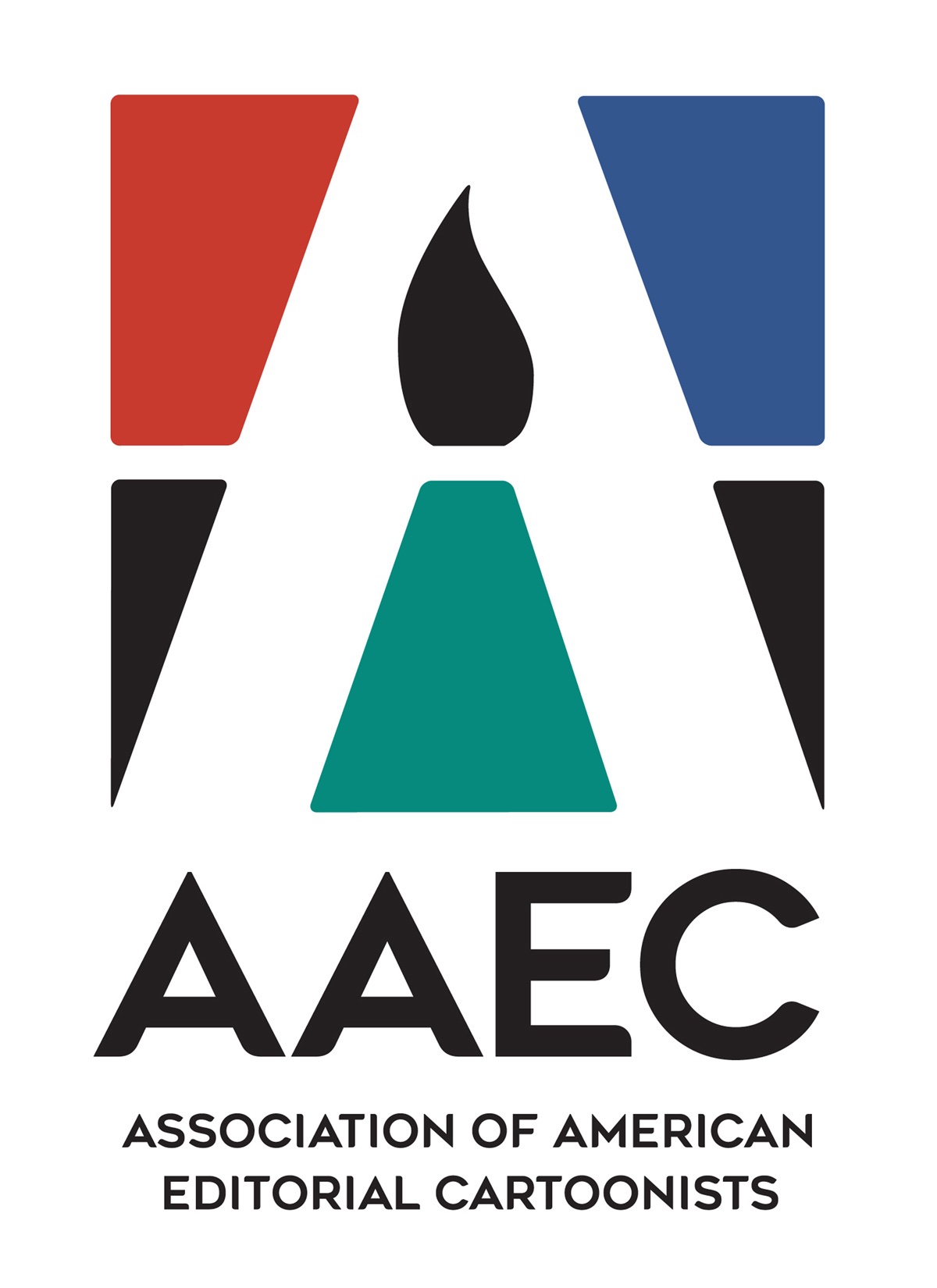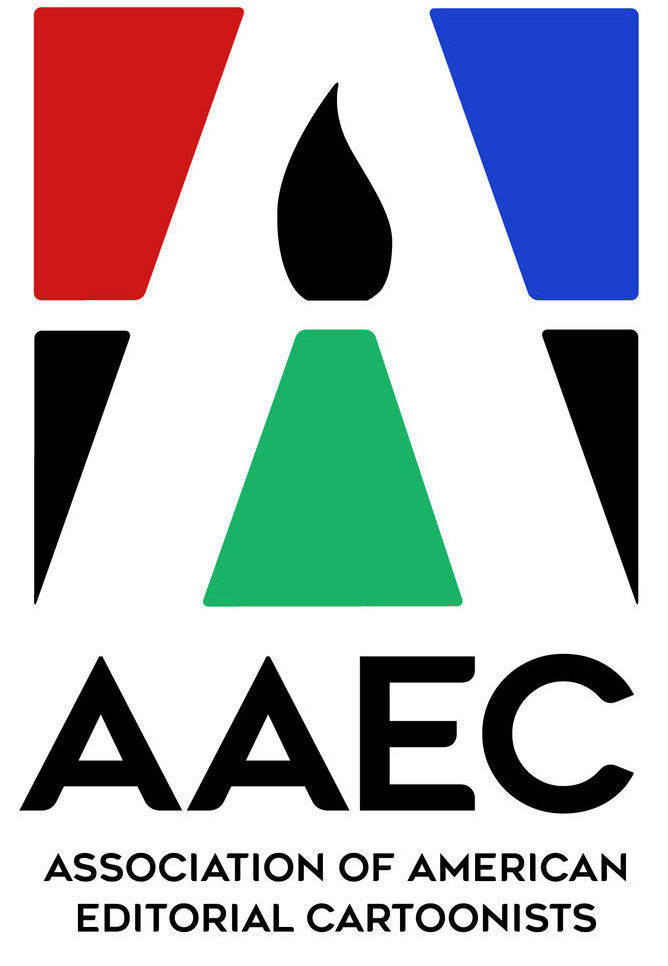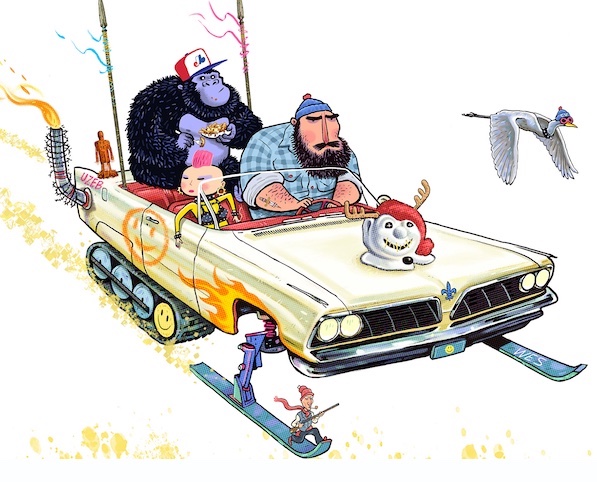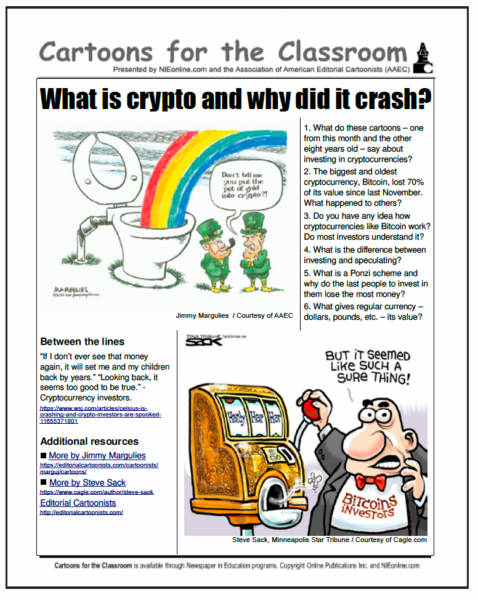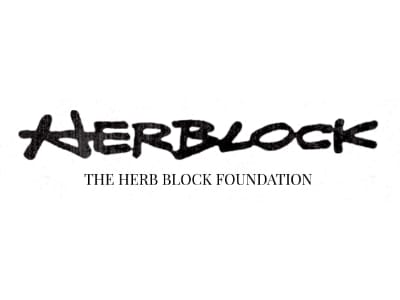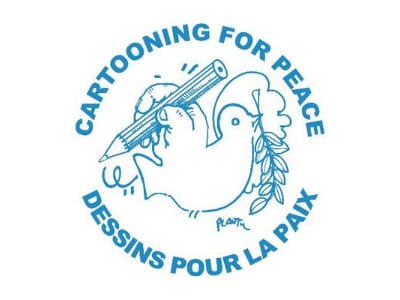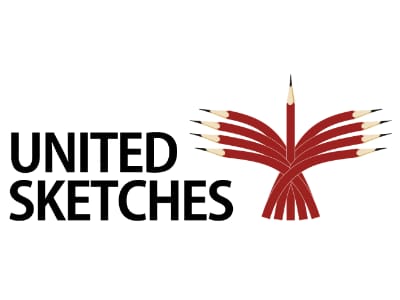By Shawn Moynihan
E&P,
July 21, 2010
The Deepwater Horizon/BP
oil spill has been a target of editorial cartoonists for weeks now, but San
Diego Union-Tribune/Creators Syndicate editorial cartoonist Steve Breen has
taken his artistic criticism of the subject a step further.
Breen has created five
cartoons painted with actual oil from the spill.
“I was surprised by how
well it turned out, because I just wasn’t sure I’d be able to work with the
oil,” he told E&P. “I’d never worked with oil before, actual crude.
Who has?”
The cartoons were
featured July 25 in the U-T on a special color page, and Breen’s video
journal of the whole experience, shot with his iPhone, appeared on the paper’s
Web site July 23.
Six weeks ago, Breen
decided he “wanted to do something powerful, and I thought, what’s more
powerful than ink?” he said. He pondered visiting one of the polluted beaches
and spreading out bed sheets on the sand, scooping up some of the oil in cups
and squirting it onto the bed sheets to create cartoons.
“So obviously, it wasn’t
thought out very well,” he jokes. “Drawing a cartoon that big would just be too
challenging.”
Still, Breen, a two-time
Pulitzer Prize winner, remained attracted to the idea. Since he works in black
India ink on Bristol board after penciling his cartoons, working in oil
wouldn’t be too much of a stretch. “I wanted to step it up a notch,” he said.
After some consideration, “I realized tar balls were the way to go.”
The cartoonist contacted
two AP reporters in the Gulf, Brian Skoloff and Cain Burdeau, and asked them to
direct him to a location where the oil could easily be found. They directed him
to fly into New Orleans and then drive east to Alabama and Pensacola, Fla.,
Breen said, where beaches were getting hit hard. He also asked for guidance from
Dr. Ping Wang, an associate professor and geologist at University of South
Florida, who suggested traveling east or west of Pensacola Beach if he wanted
to strike oil.
On July 3 Breen arrived in Santa Rosa Island,
west of Pensacola, where one of Dr. Ping’s graduate students, 55-year-old Rip
Kirby, met him packing a UV lantern. Breen recalls, “My fears of not finding
any tar balls were unfounded.” Scattered across the sand were “tar balls and
tar patties everywhere. Some were the size of the floor mats in your car.”
Breen scooped some oil
up in Tupperware and brought it back to California, where he discovered that he
could create a palette by thinning it with different amounts of gasoline. “It
was exciting, because [the gas] instantly turned it into a brownish solution,
and when I held it up to the light, and I saw that it would go well on paper. I
was able to get different tones of brown, depending on how much gasoline I
added.”
The resulting cartoons were slightly larger
than his normal creations, at 11 by 14 inches — and highly flammable. The
cartoons, though, are not entirely BP-centric, a move that Breen said would be
an oversimplification of the issue.
“Cartoonists love
villains, because we love going after evil,” he explained, “but sometimes you
have to look beyond the obvious villain at the supporting players, too.” While
one cartoon depicts the BP logo spelled out in oil-smeared animals of the Gulf
Coast, others tackle “America’s addiction to oil, and the culpability of the
Interior Department in all this.”
Breen’s biggest
take-away from the experience? “The extent of the damage to the ecosystem in
the Gulf,” he said. Under ultraviolet light, he said, you can see how much oil
is embedded in the sand of the beaches it’s tarnished. “You have pollution that’s
naked to the eye, but that’s really intense and extensive. And that sand is
blowing off the beach and into the bay, so who knows what kind of impact that
is going to have on the ecosystem?”
And beaches, he adds,
are easier to clean than the far more niched areas of Louisiana that have been
polluted, where “the oil is literally going to be there for decades.”
